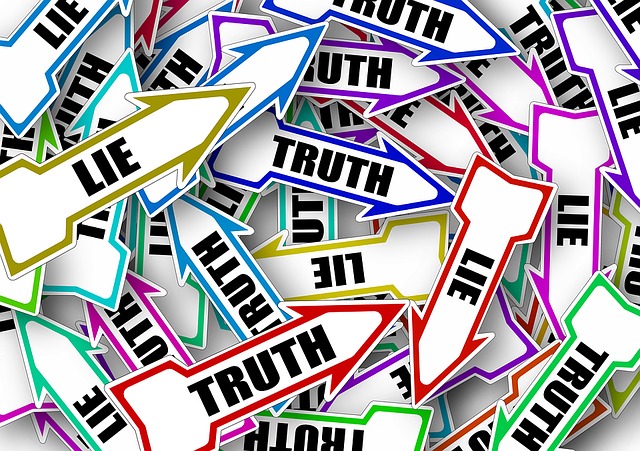Artificial intelligence is everywhere—but here’s a use you may not have considered: lie detection. It sounds like science fiction, but such an AI system is possible. The question is: How accurate can it be? Rada Mihalcea, a professor of computer science and engineering at U-M, has worked on deception detection for about a decade.
Iconic One Pro Theme | Powered by Wordpress

